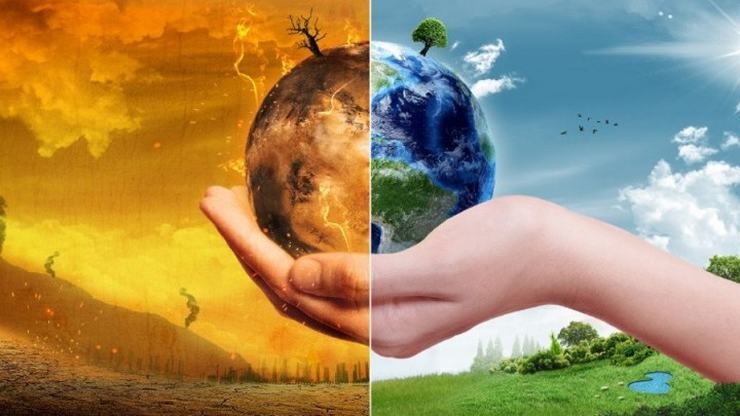
Having enacted an impressive array of measures to support its ambitious climate goals, Greece is also maintaining its energy security.
But stronger action is still needed to reduce its reliance on fossil fuels and meet its goal of net zero emissions by 2050, according to the International Energy Agency.
Paris Agreement
More than 200 countries – 193 countries plus the 27 members of the European Union – have signed the Paris Climate Agreement, a treaty created in 2015 to combat climate change on a global scale. The Intergovernmental Panel on Climate Change (IPCC), which compiles the scientific consensus on the subject, has set a target of holding temperature rise below 2 °C and aiming for an even lower limit of temperature rise of 1 .5 °C.
But no country has created policies to keep the planet below 1.5°C, according to the Climate Action Tracker. Today’s emissions result in the world warming by 2.8 °C by the end of the century.
Tackling climate change will require many solutions – there is no magic bullet. However, almost all of these solutions exist today. They range from global changes in where electricity is sourced to protecting forests from deforestation. 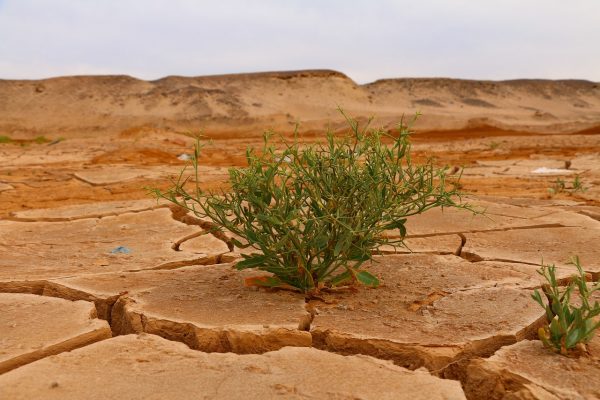
Carbon dioxide
The largest contributor to greenhouse gas emissions in Greece is carbon dioxide (CO2), followed by nitrous oxide (N2O) and methane (CH4). In 2021, CO2 emissions accounted for almost 95% of Greece’s total greenhouse gas emissions, at 56.31 million tons. Compared to global emission levels, Greece emits 0.15% of global CO2 emissions, while China, the highest contributor, emits 14.36%.
What is the goal of renewable energy sources for Greece until 2030
The new National Energy and Climate Plan (NECP) is a major step forward in the country’s energy transition, targeting 28 GW of renewable energy by 2030 compared to 19 GW under the previous plan, plus 8 GW of energy storage, up from 3 GW previously.
Climate goals
The National Climate Act, passed in May 2022, sets targets to reduce total greenhouse gas (GHG) emissions by 55% by 2030, by 80% by 2040, and to achieve zero emissions by 2050. In addition, sets out key measures to reduce emissions, including phasing out lignite-fired generation by 2028.
Significant achievements
Greece has set new targets for reducing greenhouse gas emissions, drastically reduced the use of coal-fired generation, reformed electricity and natural gas markets, expanded its cross-border interconnections, and passed legislation to develop offshore wind generation.
In addition, it managed to reduce its share of fossil fuels in its energy supply – from 91% in 2011 to 82% in 2021 – but still remains above the average of 78%. of the IOC.
The climate law
The National Climate Law, approved in May 2022, sets a clear direction for Greece’s energy transition. It aims to reduce greenhouse gas emissions by 55% by 2030 and achieve net zero emissions by 2050. Greece has already achieved a very significant reduction in the share of lignite-based electricity generation, from 60% in 2005 to 10% in 2021. The Climate Act requires a complete phase-out of lignite-fired generation by 2028.
Steps forward
“Greece has taken significant steps to reduce its carbon use and exploit its wind and solar resources,” says IEA Executive Director Fatih Birol.
“It must now build on this success by going further and faster, including speeding up the permitting process for new renewable energy projects. At the same time, it must ensure that planned new investments in natural gas infrastructure reflect what is needed to maintain security of supply and that the risks of creating stranded assets are fully assessed,” he adds.
RES
Greece’s energy policy seeks to boost energy production from renewable sources, while increasing the share of total energy demand covered by electricity. By 2030, Greece plans to have 2 gigawatts of offshore wind power, equivalent to 10% of its current electrical capacity. Greece is also a world leader in solar thermal systems, which provide hot water to buildings using the abundant sunlight.
International connections
Greece is not only boosting its domestic energy production, but also expanding its regional and international connections. The country is building new electricity interconnections to export surplus renewable energy and diversify its sources of supply.
It has also taken steps to modernize the electricity and gas markets, including reforms to support full integration into the common European electricity market.
In addition, Greece has drastically reduced its dependence on fossil fuel imports from Russia following its invasion of Ukraine, boosting its LNG import capacity and diversifying natural gas supplies. Greece is now able to cover almost all of its natural gas demand from LNG sources, strengthening its energy security and flexibility.
Remarkable opportunities
With buildings and vehicle fleets that are older than both the EU and IOE averages, Greece has significant opportunities to improve its energy efficiency. Greece is taking some important steps, including phasing out oil boilers by 2025 and replacing them with heat pumps and other clean alternatives. 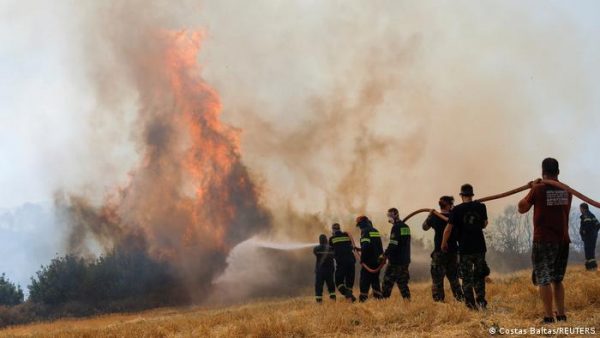
What is required
Nevertheless, a reduction in consumption and a gradual abolition of fossil fuel subsidies is required.
An updated energy and climate plan is also needed, leading to a clean energy transition through energy efficiency, renewables and energy storage.
Experts are also calling for a review of legislation for sustainable renewable energy spatial planning, ensuring the development of renewable energy sources with the least possible environmental impact.
In addition, additional efforts are needed to strengthen building codes, upgrade heating and cooling systems, promote the replacement of older vehicles, encourage the adoption of electric vehicles, and eliminate residual fossil fuel subsidies.
Latest News
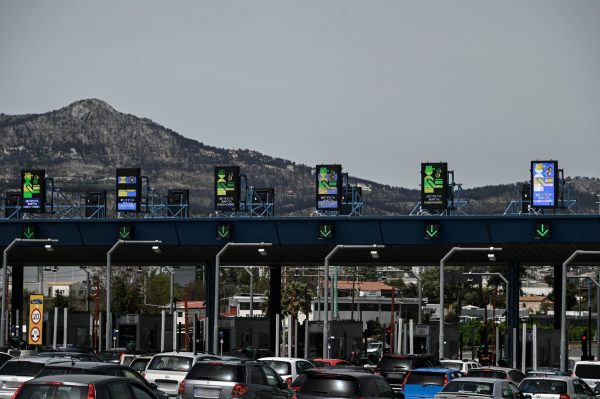
Η μεγάλη έξοδος του Πάσχα ξεκίνησε – Πού σημειώνονται καθυστερήσεις
Σε αρκετά σημεία του οδικού δικτύου της Αττικής εντοπίζονται ήδη καθυστερήσεις

AEGEAN και Olympic Air θα μεταφέρουν το Άγιο Φως σε όλη τη χώρα
Με προγραμματισμένες αλλά και έκτακτες ειδικές πτήσεις

Fruits and Vegetables: Imports to Greece Surge by 50.2% in April 2024
According to INCOFRUIT-HELLAS, the Association of Greek Fruit, Vegetable, and Juice Exporting Companies, the most notable increase was in potato imports, soaring to 44,590 tons (+102.5%) from 22,018 tons in April 2023.

Αποφυλακίζεται ο Μιχαλολιάκος – Αντίθετος ο εισαγγελέας, τον κρίνει αμετανόητο
Το Δικαστικό Συμβούλιο με βούλευμά του αποφάσισε την αποφυλάκιση του Νίκου Μιχαλολιάκου

Έκτακτος φόρος 90% σε διυλιστήρια και τράπεζες - Πρόταση νόμου από ΣΥΡΙΖΑ με 11 μέτρα για την ακρίβεια
Πρόταση για μείωση του υψηλού ΦΠΑ από το 24% σήμερα στο 21% με έναρξη εφαρμογής από 1/1/2025

Σε πασχαλινούς ρυθμούς η αγορά - Ποιες ώρες είναι ανοιχτά τα καταστήματα
Οι καταναλωτές έχοντας λάβει και το Δώρο Πάσχα στους λογαριασμούς τους, σπεύδουν για τις πασχαλινές αγορές της τελευταίας στιγμής

FT: Οι «γκρινιάρηδες» Έλληνες ταξιτζήδες, τα POS και η μάχη κατά της φοροδιαφυγής
Εκτενές δημοσίευμα για τα νέα μέτρα και τη διασύνδεση των POS με τις ταμειακές μηχανές
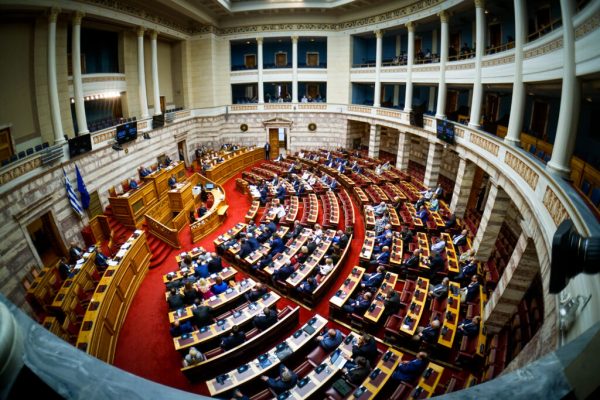
Ψηφίστηκε ο νέος δικαστικός χάρτης της χώρας
Ψηφίστηκε με 158 «ναι» και 141 «όχι»

Οι σημαντικότεροι σταθμοί στον εορτασμό της Εργατικής Πρωτομαγιάς - Πότε καθιερώθηκε το 8ωρο
Η πρώτη Εργατική Πρωτομαγιά στην Ελλάδα γιορτάστηκε το 1893, ενώ το 8ωρο καθιερώθηκε πολλές δεκαετίες μετά

Τι αλλάζει στην έκδοση στοιχείων κυκλοφορίας για ρυμουλκούμενα – τρέιλερ
Ποιους αφορά το πεδίο των δικαιούχων της ρύθμισης



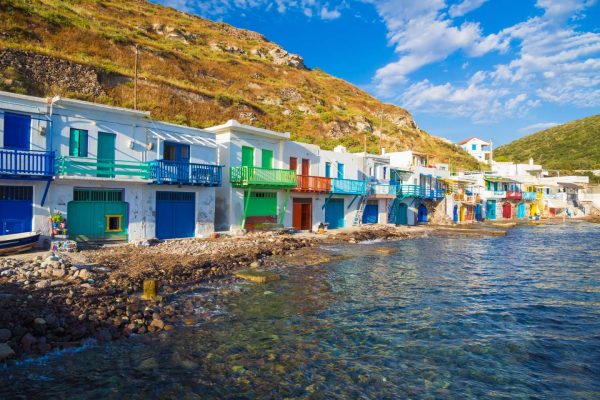
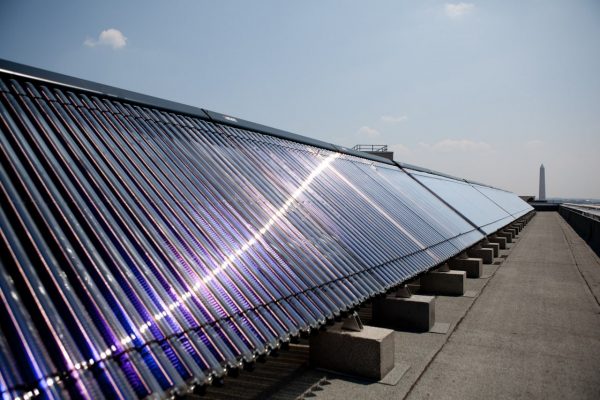













![Τουρισμός: Η Αθήνα στις 10 ελκυστικές ευρωπαϊκές πόλεις για ξενοδοχειακές επενδύσεις – Πού υστερεί η Θεσσαλονίκη [πίνακας]](https://www.ot.gr/wp-content/uploads/2022/08/hotel-g0908c6995_1920-90x90.jpg)
![Τουρισμός: Πόσα ξόδεψαν και πόσο έμειναν οι ξένοι επισκέπτες το 2023 [πίνακες]](https://www.ot.gr/wp-content/uploads/2024/02/ot_tourist_santorini2-90x90.png)

![ΤτΕ: Το top10 των περιφερειών με τα περισσότερα τουριστικά έσοδα [πίνακες]](https://www.ot.gr/wp-content/uploads/2024/04/02tourismos10-1-90x90.jpg)








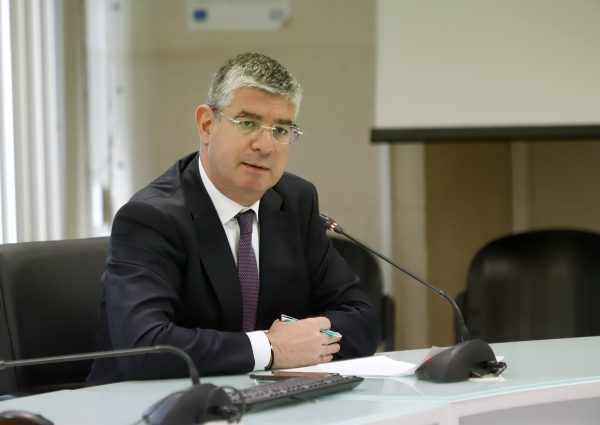

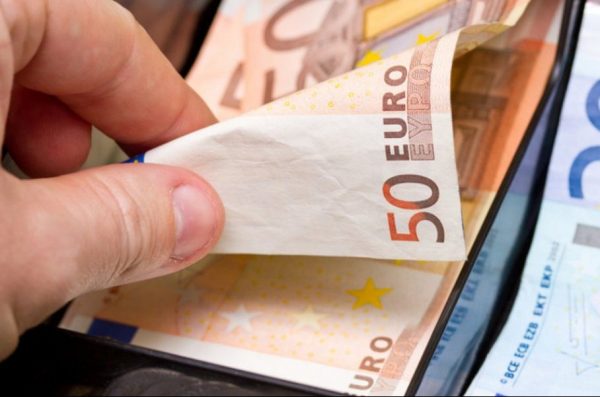
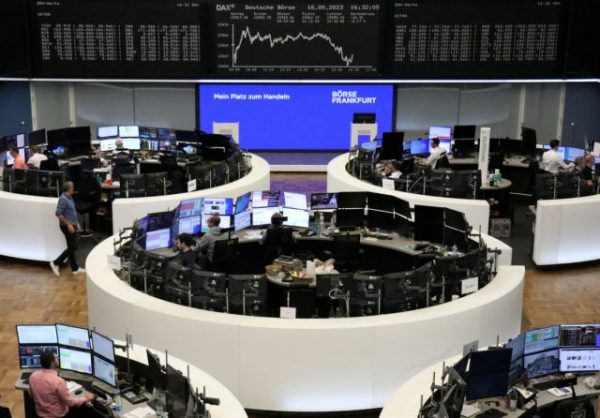
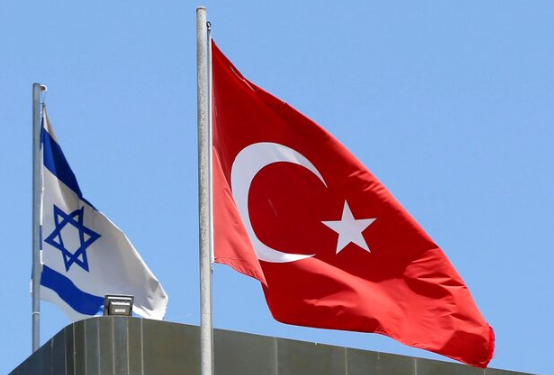


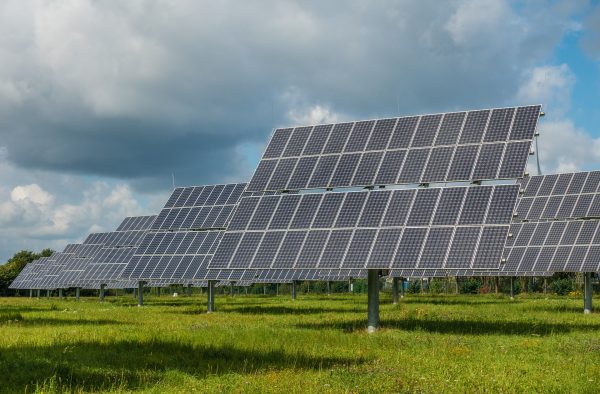




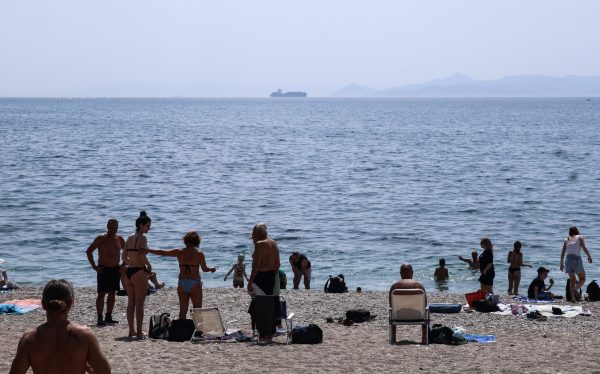


 Αριθμός Πιστοποίησης Μ.Η.Τ.232433
Αριθμός Πιστοποίησης Μ.Η.Τ.232433